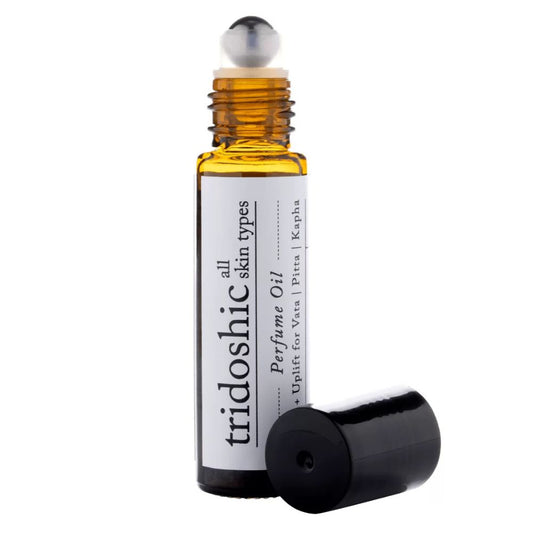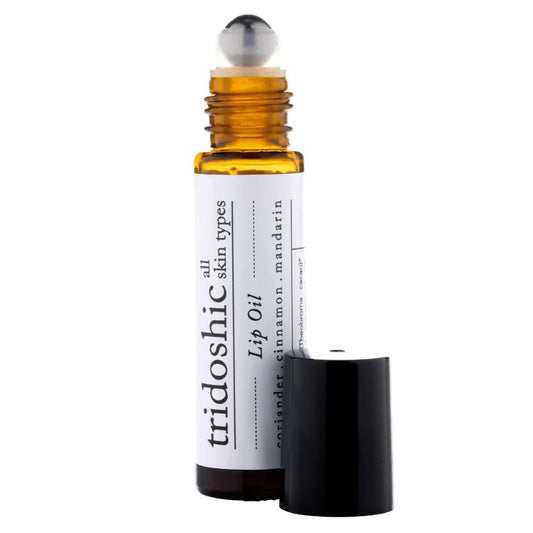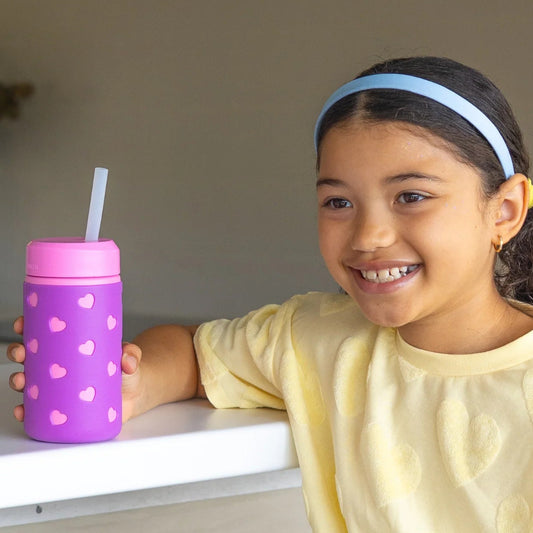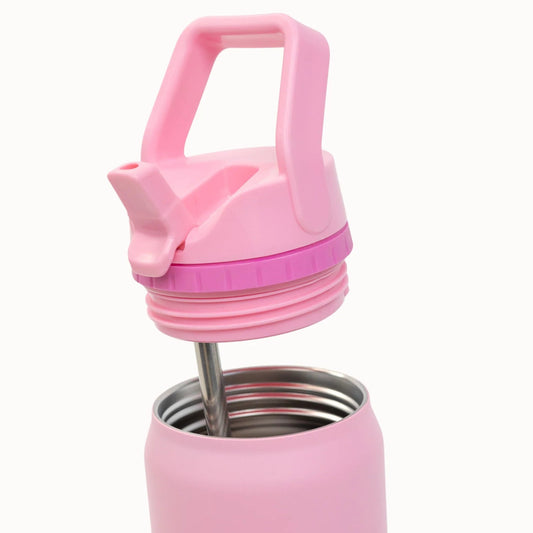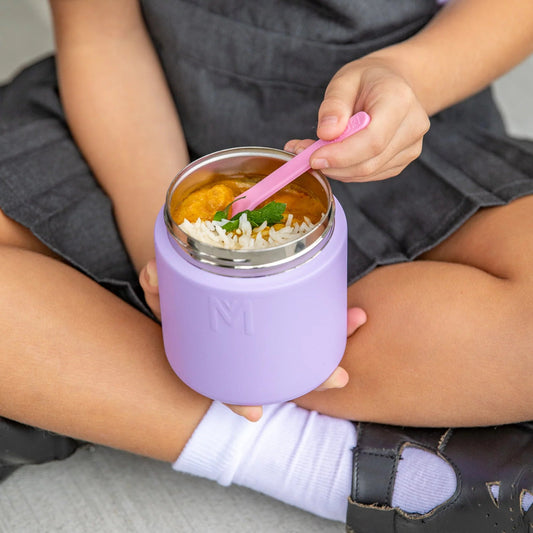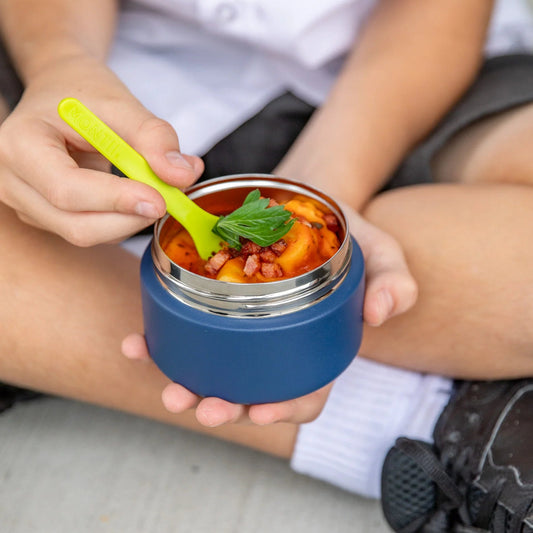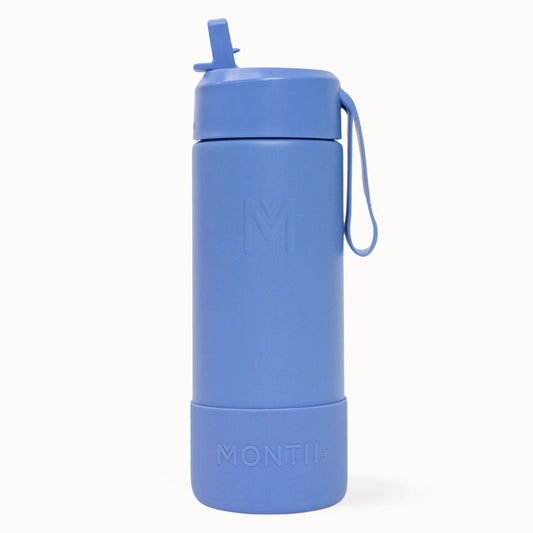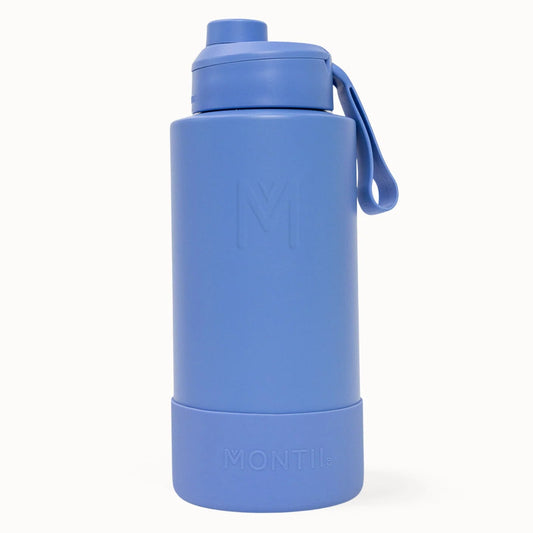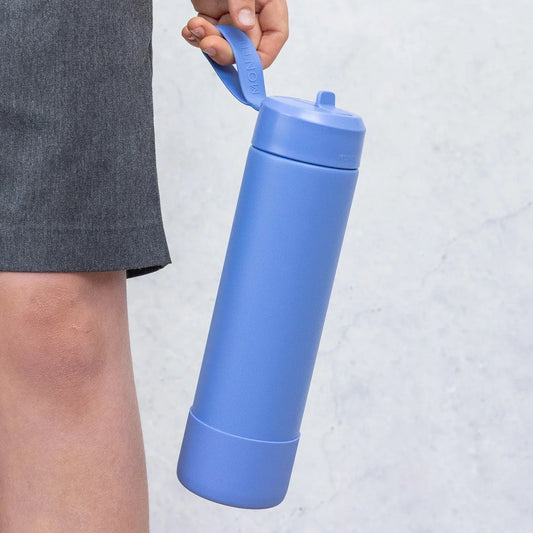 Treating yourself and your family to chocolate Easter eggs can be a lovely (and delicious) tradition, but what do you know about where the chocolate comes from? Chocolate is made from cocoa beans, which grow best in tropical conditions with hot and rainy climates. They are predominantly grown in Africa, Latin America and Asia, with Côte d'Ivoire and Ghana producing 80% of the world's cocoa.
According to Fair Trade Australia, cocoa farmers face a number of problems, including:
Treating yourself and your family to chocolate Easter eggs can be a lovely (and delicious) tradition, but what do you know about where the chocolate comes from? Chocolate is made from cocoa beans, which grow best in tropical conditions with hot and rainy climates. They are predominantly grown in Africa, Latin America and Asia, with Côte d'Ivoire and Ghana producing 80% of the world's cocoa.
According to Fair Trade Australia, cocoa farmers face a number of problems, including:
- Low prices that may not even cover costs of production,
- Expensive production inputs and family costs such as tools, fertilizers and pesticides, medicine, food and clothes,
- A lack of economic diversification and education that make it difficult for farmers to engage in more lucrative pursuits,
- An average wage of less than $2 a day for their work. Most cocoa farmers live underneath the international poverty line.
The Problem Still Exists
There has been much debate and press around the issue of child labour in cocoa production in recent years, culminating in major chocolate manufactures signing the Harkin-Engel Protocol, an international agreement aimed at ending child slavery in the cocoa industry. However, recent research shows that child slavery and child labour is still rampant. In 2011, 10 years on from the introduction of the Harkin-Engel Protocol, research showed that there were still 1.8 million children work in cocoa production, of which only 5% in Côte d'Ivoire and 10% in Ghana work for pay.Fairtrade helps!
One way to be certain that you are not supporting child labour, slave labour or exploitative practices is by purchasing certified Fairtrade chocolate. Fairtrade International guarantees farmers a minimum price for cocoa, even when global prices fall, which ensures the farmers always have a stable income and protects them from economic downturns. This allows farmers to pay adult workers and avoids the exploitation of child workers. Some Fairtrade brands that Biome stock include: Alter Eco, Pana Chocolate, Loving Earth, Organic Times and Plamil Dairy Free Eggs.Further Reading
http://thecnnfreedomproject.blogs.cnn.com/2012/01/16/chocolate-explainer/ https://en.wikipedia.org/wiki/Harkin%E2%80%93Engel_Protocol#2011_status_update http://www.fairtrade.org.uk/en/buying-fairtrade/chocolate



